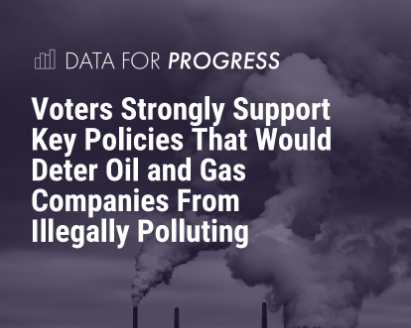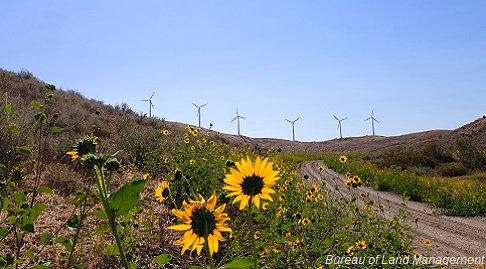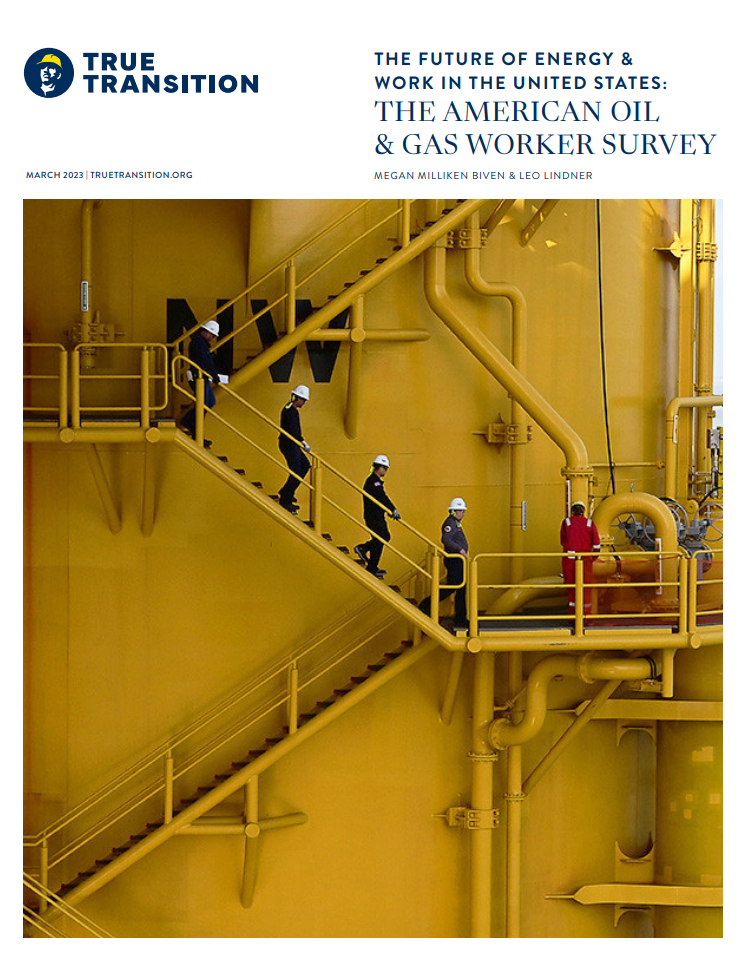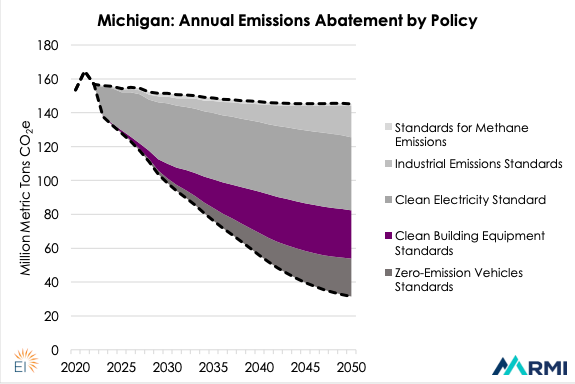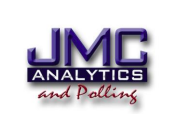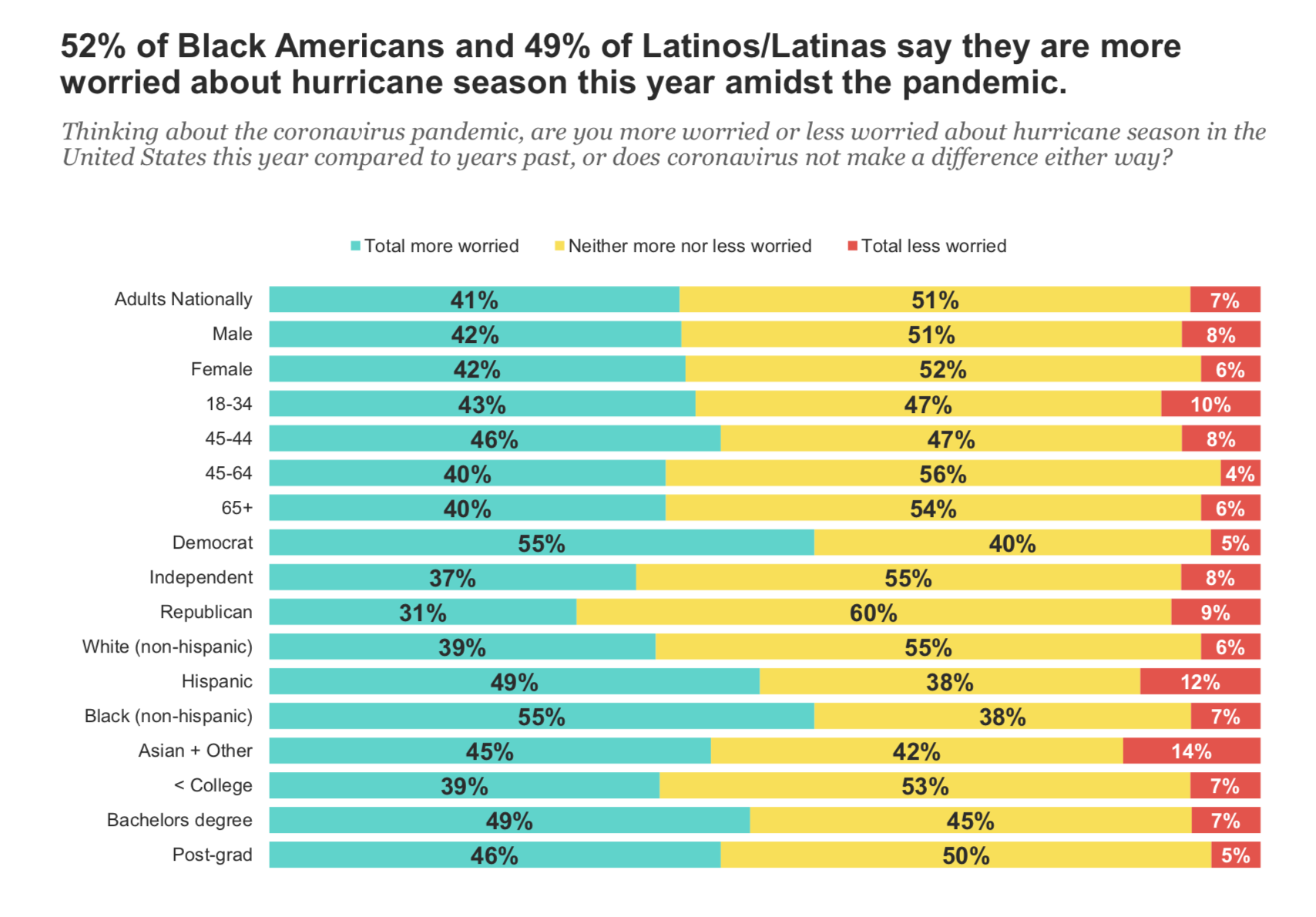Resources
Search below for resources covering the intersection of climate engagement, social science and data analytics.
RESULTS
Poll: Voters Strongly Support Key Policies That Would Deter Oil and Gas Companies From Illegally Polluting
Voters overwhelmingly want stronger accountability for polluters, including compensation for damages to the environment and local communities. Most disapprove of the court decision to block an investigation of environmental injustices in Louisiana’s “Cancer Alley”.
Poll: Voters Across Four States Show Broad Support for Clean Energy, Carbon Removal
Voters widely support carbon dioxide removal (CDR) projects in key states where they are being considered, and see improved air quality as the clearest benefit of these projects. While voters aren’t very familiar with CDR, they are inclined to feel positively about the technology. In Wyoming, for example, NWF and Data for Progress find that 57% of voters feel favorably about “carbon dioxide removal technologies” when the term is first introduced in the survey while only 16% have unfavorable attitudes about the term.
The Future of Energy & Work in the United States: The American Oil & Gas Worker Survey
Cross sectional survey of 1,635 non-management oil and gas workers in the US revealed new insights and key themes relevant to a truly "just transition" from fossil fuels, including:
Top State Energy Policies To Cut Carbon Emissions
Just five policies across the economy can dramatically cut state greenhouse gas emissions. These include clean electricity standards; zero-emission vehicle standards; clean building equipment standards; industrial efficiency and emissions standards; and standards for methane detection, capture, and destruction. This report evaluates emissions trajectories and policy impacts for six states: Louisiana, Michigan, Minnesota, New Mexico, Pennsylvania, and Wisconsin. These states have widely varying emissions profiles. For example, Louisiana’s emissions are dominated by the industrial sector, while in Michigan, the building sector is a significant contributor. In New Mexico, home to significant oil and gas extraction, methane is a major source of GHG emissions.
Environmental Polling Roundup - December 9th, 2022
This post includes climate and environment headlines, data points, and key takeaways from recent public polls - including new national polling on climate change, international climate action, and the cost impacts of climate change and clean energy + new statewide polling in Louisiana about climate change and foreign trade.
Poll: Climate Solutions Statewide Poll Results
Most Louisianans recognize climate change and say it’s important for their elected officials to work on addressing it. Proposals to incentivize U.S. manufacturing over imports from high-polluting countries are overwhelmingly popular. 59% of Louisiana voters say that it’s important for their member of Congress or legislator to work on addressing climate change. 66% support a “border carbon adjustment” that would charge a fee on imported goods from foreign countries based upon the amount of carbon pollution they produce when making those goods. 68% say they would be more likely to support a candidate who favors climate policy that rewards U.S. manufacturers while penalizing high carbon polluting imports.
How New Orleans neighborhoods are using nature to reduce flooding
New Orleans is in the midst of a green infrastructure revolution. In smaller neighborhoods like Hoffman Triangle, residents are leading the way, house by house, block by block. Year-round, New Orleanians deal with a chronic kind of inundation researchers vaguely call “urban flooding.” The goal of “nature-based” (green infrastructure) solutions is to reduce the pressure on pipes and pumps by using landscaping to slow the flow of water. Projects can store water so it soaks into the soil or slowly flows into a storm drain at a rate the system can handle. Plants can also absorb water into their roots, leaching out pollutants in the process. They also come with various added benefits like improved water quality, mosquito control, and increased open space to cool the sweltering Louisiana air. The Urban Conservancy is one organization in particular doing lots of work on nature-based infrastructure in New Orleans.
Poll: In time of COVID, two-thirds of Americans want climate action
Americans are worried about "triple threat" of hurricanes, COVID, & climate change. 52% of Black Americans and 49% of Latinos/Latinas say they are more worried about hurricane season this year amidst the pandemic. Half of adults in southeastern coastal states say they are more worried about hurricane season this year and 66% say addressing climate change should be a priority.
